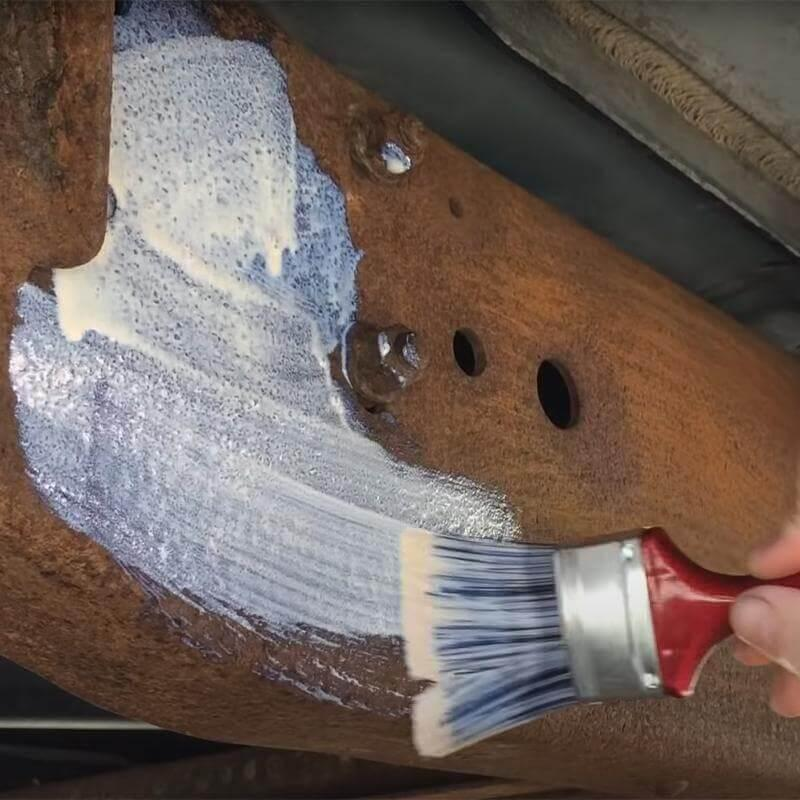
The Science Behind Epoxy Primer Penetration: Viscosity, Capillary Action, and Surface Energy Viscosity—Porosity Interplay: Why Low-Viscosity Epoxy Primers Maximize Substrate Infiltration Epoxy primers with low viscosity, usually below 200 cent...
VIEW MORE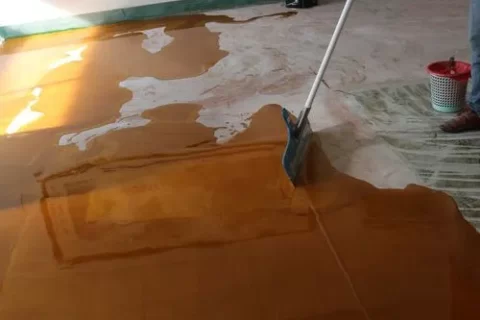
Why Epoxy Topcoats Excel as Furniture Protection Unmatched durability and impact resistance for high-traffic furniture Epoxy topcoats create a really tough protective layer that's way better at handling impacts and dents than regular varnishes or la...
VIEW MORE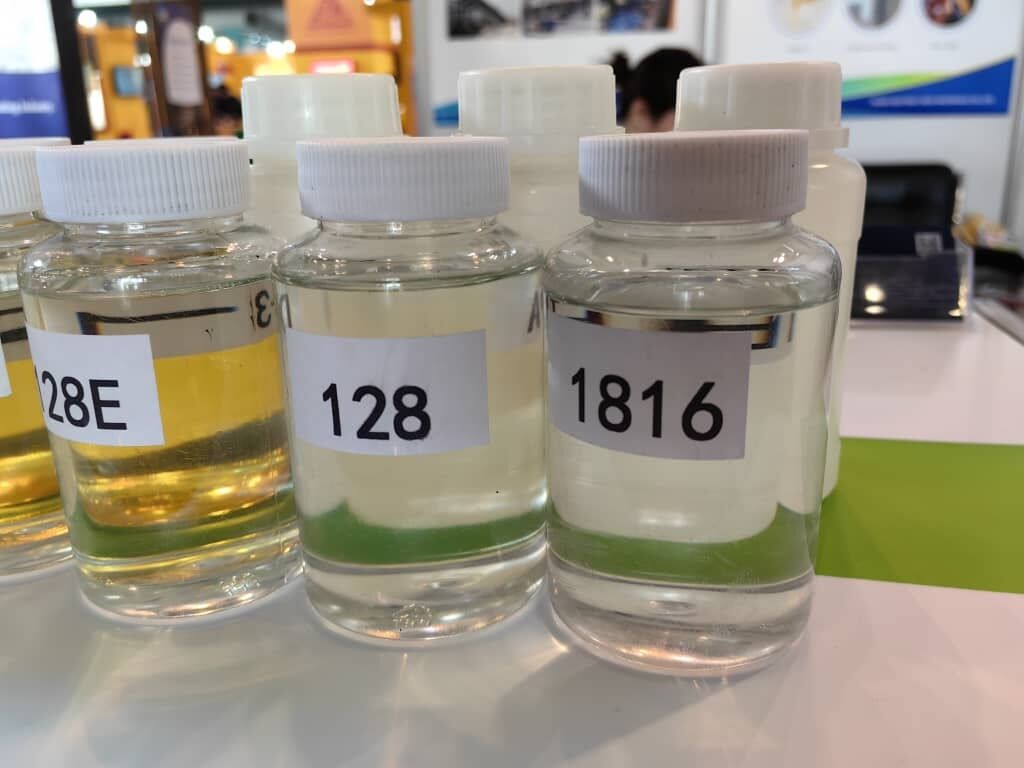
How Epoxy Diluents Reduce and Tune Viscosity: Mechanisms and Structural Principles Reactive vs. Non-Reactive Epoxy Diluent Chemistry and Their Rheological Signatures The way epoxy diluents affect viscosity relies on completely different chemical pro...
VIEW MORE
How Epoxy Curing Agents Influence Composite StrengthEpoxy curing agents dictate the structural integrity and performance of composite materials through precise chemical interactions. By triggering crosslinking reactions, these agents transform viscou...
VIEW MORE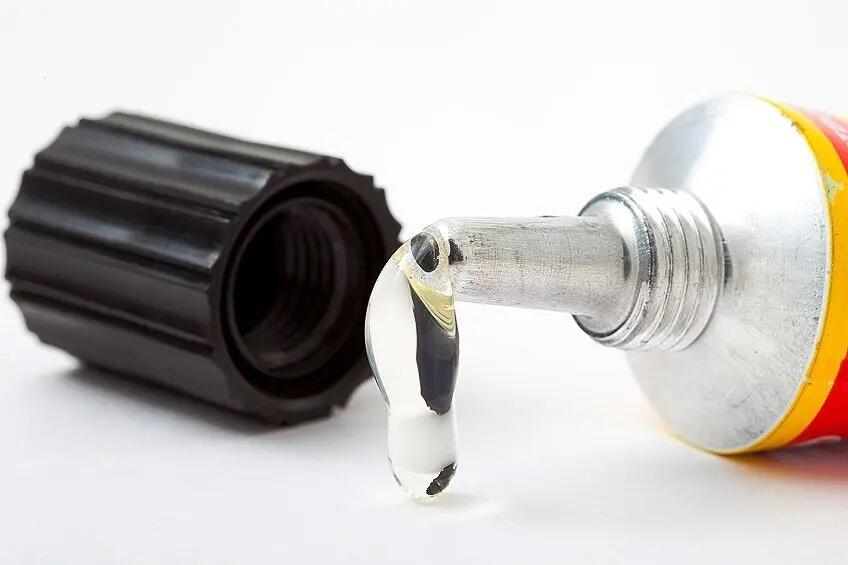
How DETA Functions as an Amine-Based Hardener in Epoxy CuringUnderstanding Amine-Based Hardeners and Their Role in Epoxy Curing Epoxy curing gets started when amine-based hardeners attack epoxide rings through nucleophilic reactions, creating covalen...
VIEW MORE
Fundamental Role of Aliphatic Amines in Epoxy Curing Systems Understanding Aliphatic Amine-Derived Curing Agents and Their Widespread Use Aliphatic amines play a really important role in epoxy curing systems because they react so well with resin mat...
VIEW MORE
Understanding TETA's Role in Epoxy Curing and Network Formation Chemical Structure and Reactivity of Triethylenetetramine (TETA) Triethylenetetramine, commonly known as TETA, stands out as a tetrafunctional aliphatic amine containing those four r...
VIEW MORE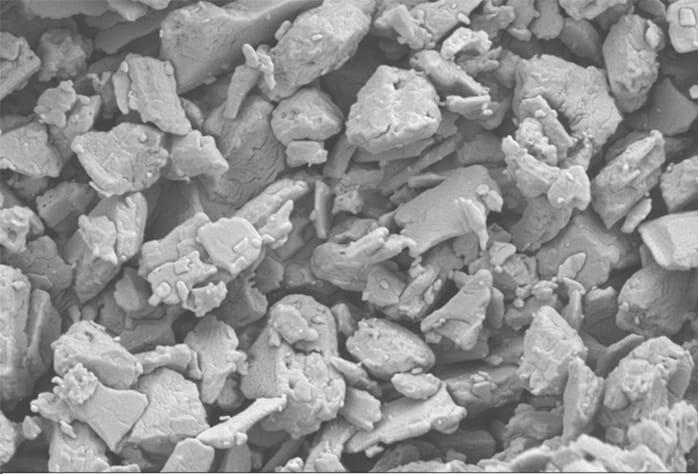
Understanding IPDA as a High-Performance Curing Agent for EpoxiesChemical structure and reactivity of IPDA in epoxy systemsIPDA, which stands for Isophorone Diamine, has this special cycloaliphatic structure with two primary amine groups that really ...
VIEW MORE
Understanding Epoxy Diluent Functionality and Types The Role of Epoxy Diluent in Modifying Resin Properties Epoxy diluents act as viscosity modifiers that enable precise control over resin flow characteristics without compromising thermal stability....
VIEW MORE
Understanding DETA's Role in Epoxy Curing Chemistry Chemical structure and reactivity of DETA in epoxy curing Diethylenetriamine, or DETA for short, has two main amine groups plus another secondary one, giving it three spots where it can react with ...
VIEW MORE
How Amine Hardeners Influence Epoxy Mechanical Properties Understanding Amine Types and Their Reactivity with Epoxy Resins How amine hardeners affect epoxy properties depends largely on their molecular makeup and how they react chemically. Take prim...
VIEW MORE
How Fast Drying Epoxy Floor Coatings Improve Project Efficiency The Science Behind Fast Drying Epoxy Floor Coatings The latest epoxy floor coatings can cure really fast thanks to some clever chemistry work. When the resin mixes with the hardener, th...
VIEW MORE